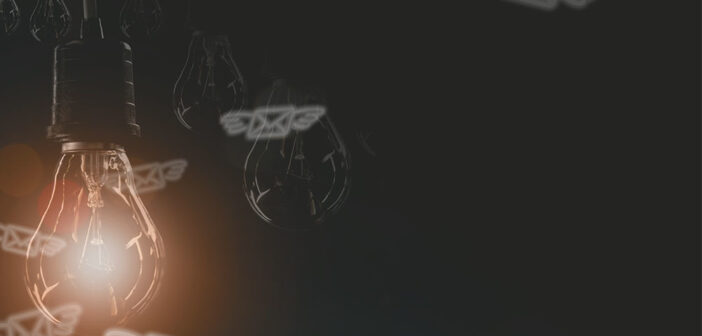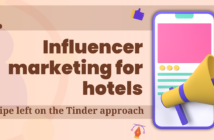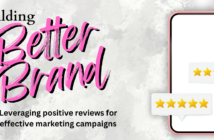Using email to capture the return of travel
Travel might not be quite back to pre-pandemic levels yet, but it’s getting there – especially for leisure travel.
Key metrics in the hotel industry are expected to return to 2019 levels later this year or in 2023, according to the latest data from Lodging Analytics Research & Consulting. The firm expects one important metric – revenue per available room, or RevPAR – to increase more than 18% during 2022.
For hotel marketers, this is welcome news. It’s also an impetus to make sure brands are doing everything possible to capture their share of the return-to-travel market. Undoubtedly, emails campaigns will play a vital role in your strategy. But, even if we’re approaching pre-pandemic travel levels, you’re not communicating with time travelers from 2019. Travel has changed in the short term, if not permanently, and so should your messaging.
Here are three ideas for reconnecting with people to ensure your hotel is part of their revitalized plans in the new era of travel.
1. TRAVEL NOSTALGIA
Experienced online marketers are familiar with retention and reactivation campaigns, and past work can inform today’s campaigns. But, these aren’t your typical lapsed customers who were wooed away by a competitor. Many people simply haven’t traveled at all during the past two years, or they have done so without staying in traditional hotels.
Your emails shouldn’t only remind them that you’re still here, but why they loved staying with you, and why they loved to travel in general. Your goal is to make them remember what they’ve been missing.
This isn’t the time for a generic “our brand is great” message. Instead, tap into the emotional reasons why people liked staying with you in the first place, like great beds with luxury pillows and linens, room service, majestic views, or a shower big enough to live in.
The details are up to you based on your brand(s) and data, but the idea is to be human, fun, romantic, and experiential. Something as simple as turndown service or an in-room spa treatment could be just the thing to pique someone’s pent-up travel interest.
2. THE STAYCATION EXPERIENCE
Brands have an advantage over other travel providers in that of loyal customers not necessarily needing to go far to reconnect. Many people may be ready to spend a weekend in a nice hotel but aren’t as enthusiastic about air or cruise travel quite yet, for example.
Staycations are a wonderful middle ground for people ready for a return to leisure travel but want to stay close to home.
Create offers and campaigns geared toward people staying in, or near, their home city or state. Words like “recharge” and “refresh” can be key, whether someone’s looking for a romantic couple’s weekend without the kids, a change of scenery from their home office, or a night out – and late checkout – with old friends, the staycation experience is an enormous opportunity.
Emphasize the features of your properties locals might find compelling, whether you’re showcasing great spaces for people working remotely, onsite amenities like a spa or pool, or tie-ins to area events.
Your emails can land with even more impact when paired with enticing offers, such as bonus loyalty points for local stays or a credit for a future stay in a different city.
3. TREAT CUSTOMERS AS INDIVIDUALS
Finally, hotel marketers need to remember there are troves of valuable data to help make things personal for returning customers. Email is a great way to remind customers that you remember them and their preferences.
Whether that’s a high floor, a preferred amenity, a special request, or just a particular cocktail at the hotel bar, you can remind them it’s all still here and you still get the details exactly right.
It’s a powerful way of reconnecting with people after such a massive disruption to normal travel habits. “I haven’t been there in two or three years and they still remember me.”
Your competitors have the same fundamental goal of capturing the renewed surge in travel. Personalization will absolutely be one of the differentiators. If your competitors are doing it, you should as well, and if they aren’t, making things personal for people will set you apart from the crowd.
Each of these ideas are easily attainable. Technology is great, but you don’t necessarily need bleeding-edge solutions to do this now. You need the data and content, including images. You also need to be able to access and pull from that data and relevant content. And that’s really it.
People are beyond ready to get back out there, and hotels are uniquely positioned to capture that interest. Make sure you can say the same about your emails.





